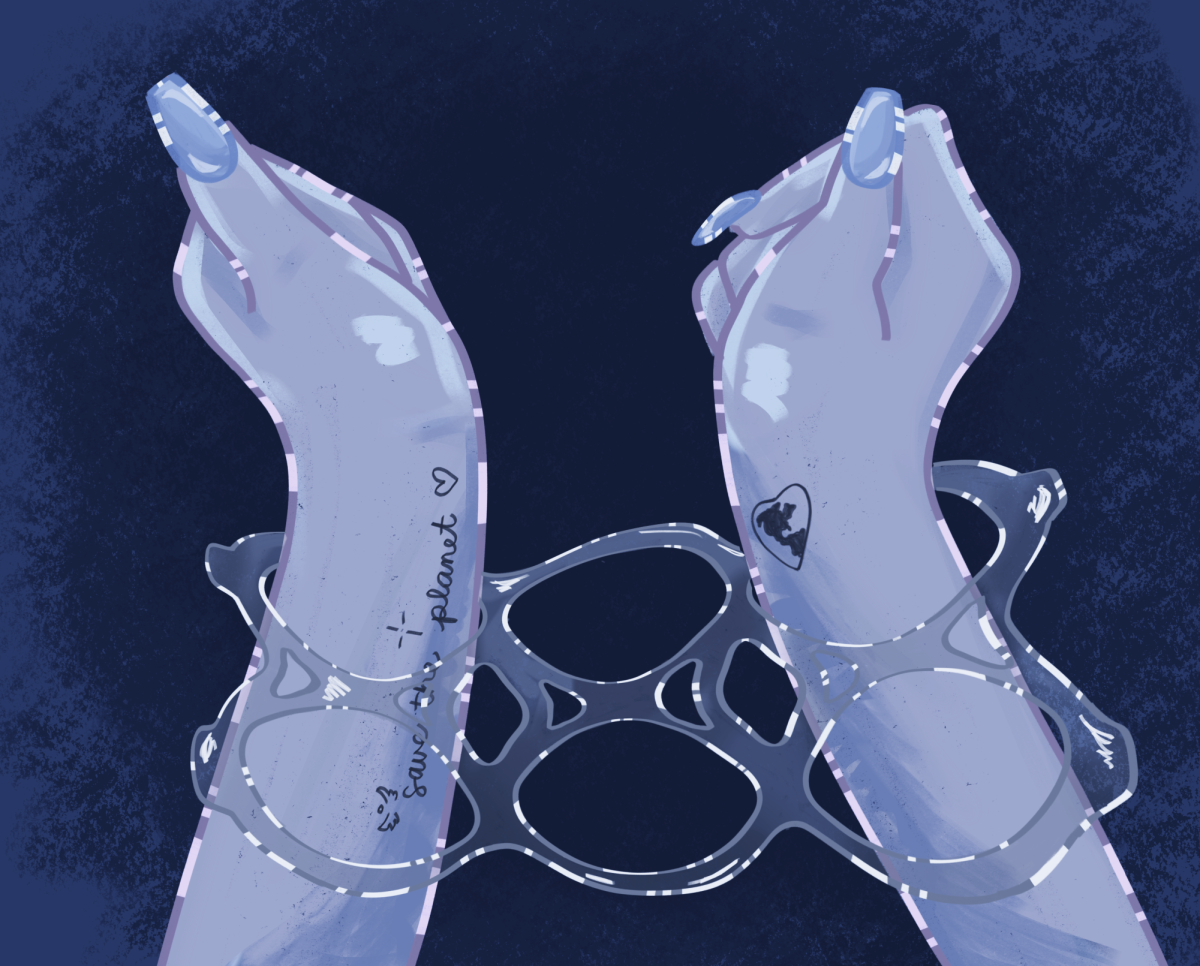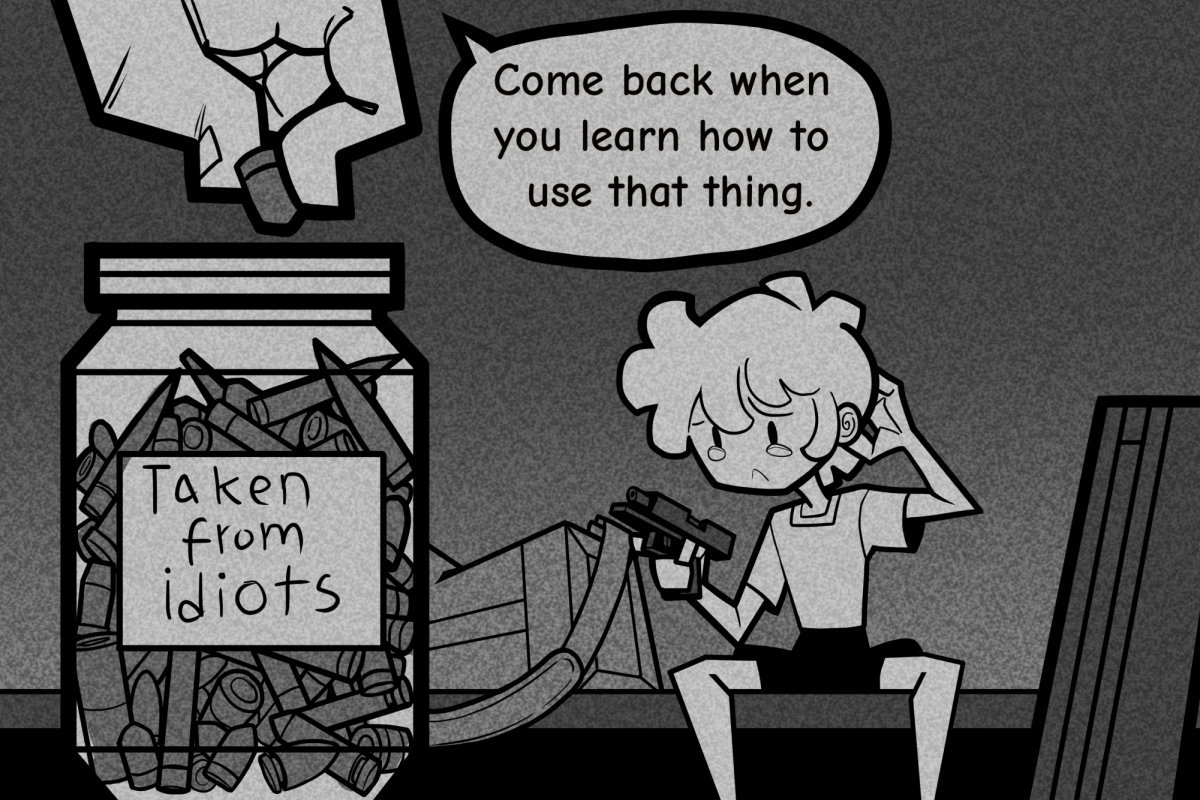Luck can feel rewarding to those who receive its golden fruit. It’s a mystical idea that brings people joy or great sorrow.
A new job falls onto your lap. You happen to get a sudden raise for all the work you’ve done. It could even be unlucky, like a friend bailing on you at the last minute. You take a left turn, get into a bad accident and your insurance skyrockets.
Luck is a good thing that grants those of good heart grand fortune and vice versa, but to believe that fundamentally misinterprets what luck is.
Luck does not act as a random force. In fact, all seemingly random events, even those seemingly out of your control, do not happen on a sudden stroke of luck or misfortune. It occurs as an outcome of whether or not you are prepared and take opportunities.
Luck is a social construct: A myth that keeps people from thinking too hard about the choices they make. In doing so, it limits the scope in which someone views the world. With luck as a concept, people do not critically think about their actions. Thus the concept that follows someone simply being lucky should be put to rest.
Luck is the apparently random events that affect someone in positive or negative ways. They can occur at any point to any person at any time.
It’s easy to believe luck plays favorites. There are those who appear to be constantly down on their luck, like someone who cannot find a good partner. Inversely, good luck could be a millionaire who constantly gets new investments to brag about, or finding out you did well on a test you thought you would fail.
Those events do not happen out of thin air, but rather occur when someone is prepared to take an opportunity that is presented.
It is also believed that luck can be influenced by arbitrary effects such as spilling salt, giving to a church or wishing upon a star, but none of these things inherently cause any effect on someone’s life. Tales of doom and gloom from bad luck serve more as a guide to tell people not to engage in undesirable behaviors.
If someone was told to wish upon a star for good luck, subconsciously they start acting in such a way to achieve it with good grades, better mental health and speaking more to people. In contrast, if they were told that a black cat crossing their path brought bad luck, then they would turn tail and run at the first sign of a dark feline
Luck isn’t something that turns the world into a game of surprises to help or break you, it is merely the willingness and preparation to take on an opportunity that presents itself to you, be it by circumstance or a result of your own actions.
If you walk under a ladder and get hurt, that isn’t bad luck; that is you choosing to walk a dangerous path and crying you got hurt. Similarly, if you work hard and make good connections, that is not good luck, that is you doing well for your career.
Luck conceptually serves to blind people and not feel responsible for any action that may have influenced the outcome.
When people stop taking accountability for their own actions, humanity builds individuals capable of horrendous things just to further their own goals. That is how you get people who only care about themselves; they have an outlet to excuse any and all bad events that happen to them.
People who constantly dwell on the circumstances of their life are prime examples. These kind of people will nag and whine about how their life is terrible, that no one appreciates them and they are scared of the people they live with, but will act in such a way to continue these behaviors since they deem such events as bad luck.
Furthermore, people have a tendency to remember more negative events that occur as an effect known as the negativity bias. That bias suggests that for every two good events that happen, people will weigh it the same for one negative event.
Thus, I implore you to stop utilizing the concept of luck. Instead, be thankful and to take the opportunities given. You already show mindfulness by merely considering options outside of lucky circumstances and display growth in you and a willingness to change.
You will naturally grow more mindful of the world you live in and can learn to live with change easier.














